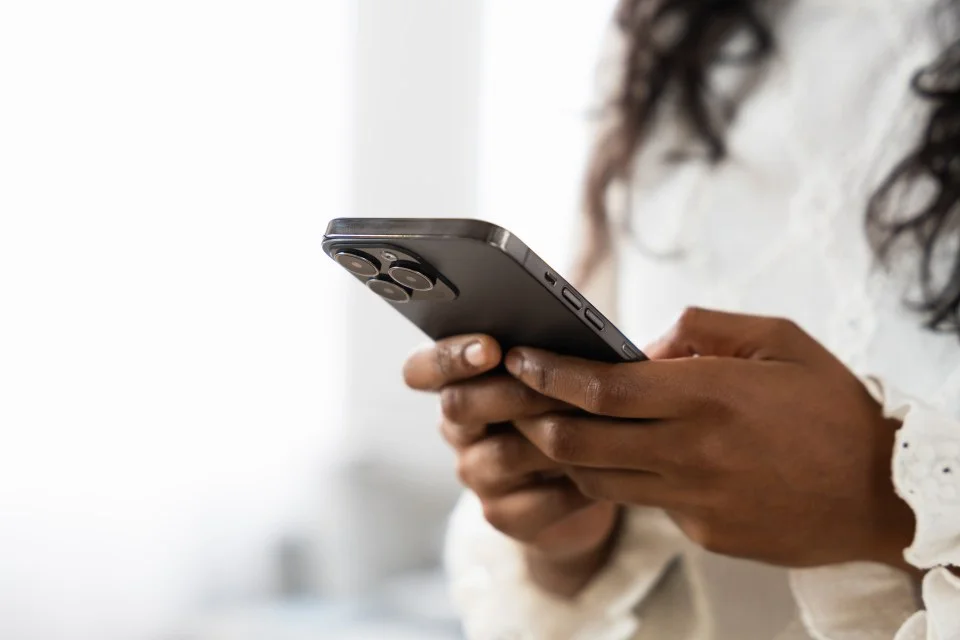
Is Your Phone Spying On You? Warning Signs and How to Protect Your Privacy
In today's digital age, our smartphones are indispensable, holding vast amounts of personal data. But how secure are they, really? Could someone be secretly listening in on your mobile phone conversations or accessing your data without your knowledge? Experts warn that the answer, alarmingly, is yes. This article delves into the subtle signs that your phone may be compromised and provides actionable steps to safeguard your privacy.
Sneaky Signs of Phone Spying
According to Marc Porcar, CEO of QR Code Generator, your partner or other malicious actors could be using sophisticated monitoring software to spy on your text messages, calls, and even your location. The scariest part? They could be doing it without you even realizing it. Porcar highlights several tell-tale signs your phone might be compromised:
- Rapid Battery Drain: Spyware constantly running in the background can quickly drain your battery. As Porcar explains, these monitoring apps never enter sleep mode.
- Overheating Phone: When spy applications consume excessive processing resources, your phone may become unusually hot.
- Increased Data Usage: Monitoring apps transmit data to a remote server. Check your data usage for suspicious apps consuming substantial amounts, especially if they're sending images or recording audio.
- Random Activity: If your phone lights up or makes sounds when not in use, it could indicate remote access. Some spyware allows others to listen to conversations or view surroundings without your knowledge.
- Unusual Text Messages: Receiving text messages with unrecognizable characters or codes is a major red flag indicating potential spyware activity.

Smartphones are Always Listening
Beyond targeted spyware, our devices are often permanently listening in on everything we say, gathering behavioral data for commercial purposes. This constant monitoring allows advertisers to target you with relevant ads, based on your conversations and activities. As an example, vehicles with built-in smart devices build detailed profiles of drivers and passengers, tracking routes, frequency of visits to locations, and even listening in on conversations.
Data's immense value cannot be overstated. The Economist noted in 2017 that data is the most valuable commodity, surpassing oil. Companies generate vast amounts of data from your device interactions, making it crucial to understand and limit data collection.
Protecting Your Privacy
So, how can you protect yourself from phone spying and excessive data collection? Here are some critical steps:
- Disable Voice Assistants: Turn off voice assistants like Siri and Google Assistant when not needed.
- Revoke Microphone Permissions: Review and revoke microphone permissions for apps that don't require them.
- Use Security Software: Install reputable security software like Norton 360 to detect malware.
- Use a VPN: A VPN encrypts internet traffic, reducing data tracking by advertisers. VPNs are essential tools for maintaining online privacy.
- Limit App Permissions: Be cautious about granting app permissions, especially microphone access.
- Keep Software Updated: Regularly update your phone's operating system and apps to patch vulnerabilities.
- Avoid Public Wi-Fi: When using public Wi-Fi, activate a VPN to create a secure connection.
- Be Selective with Downloads: Only download apps from official stores and carefully review requested permissions.
Vidit Sehgal, founder of V4 IT, highlights the importance of encrypted apps like Signal, WhatsApp, and Telegram for sensitive conversations. These apps offer end-to-end encryption, meaning even if someone intercepts the data, they can't understand it.

Final Thoughts
Protecting your phone is protecting your identity. As Sehgal notes, our phones hold our entire lives – photos, messages, banking apps, and private conversations. By understanding the risks and taking proactive steps, you can significantly enhance your privacy and security. Are you concerned about your phone's security? What steps do you take to protect your privacy online? Share your thoughts and concerns in the comments below.